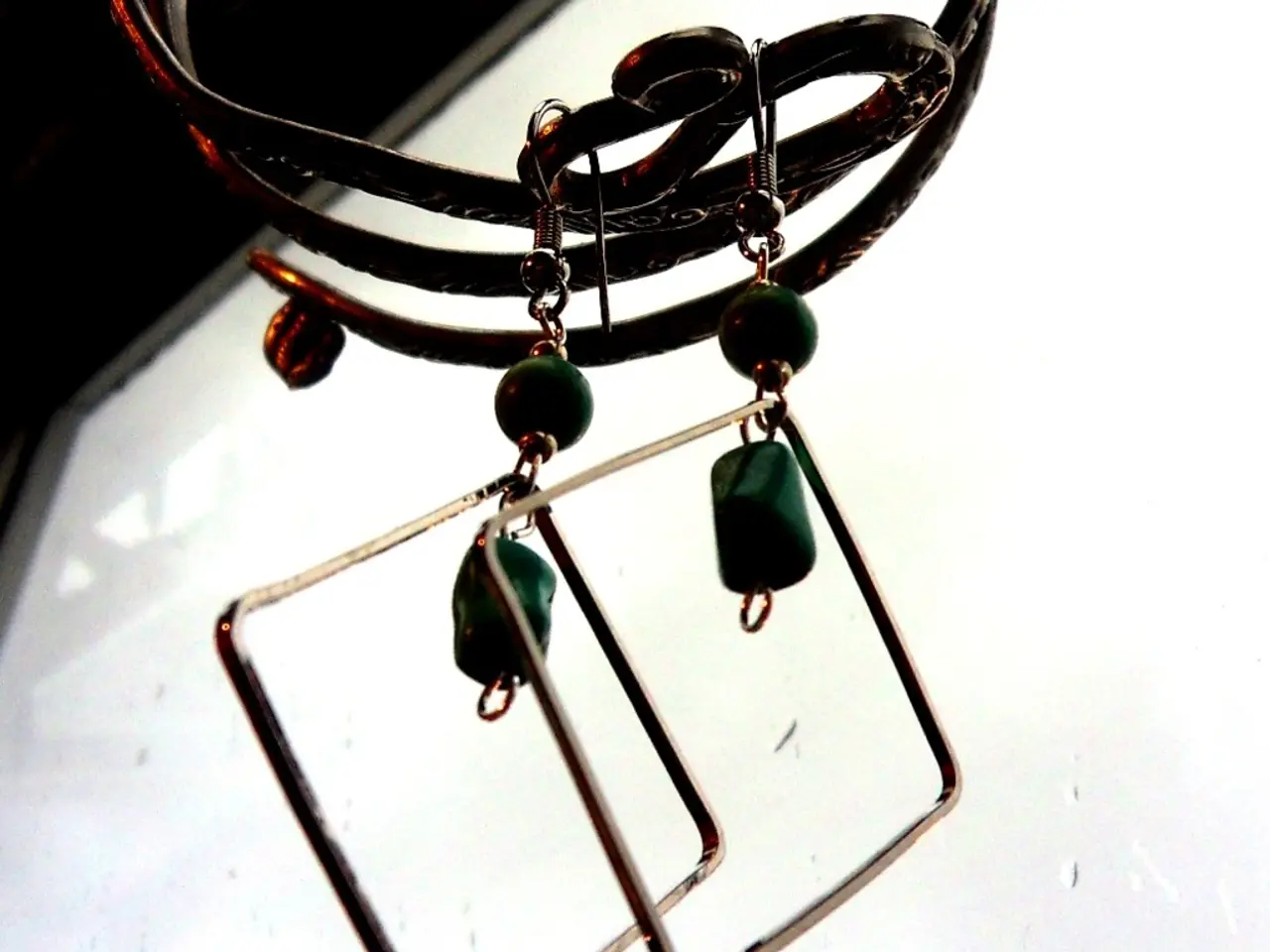Potential Factors Impacting Auditory Sensation
In our daily lives, we often take our hearing for granted. However, maintaining good hearing health is crucial for overall well-being. Here are some factors that can affect your hearing ability over a long period.
Prolonged exposure to loud noises, exceeding 85 decibels, can lead to gradual and permanent hearing loss. This damage may manifest as a persistent ringing, buzzing, or hissing sound in the ears, known as tinnitus.
Conditions such as diabetes, high blood pressure, and autoimmune disorders can reduce blood flow to the ears or damage nerves, affecting your ability to hear clearly. It's essential to manage these chronic conditions to protect your hearing health.
Earwax buildup can also impact your hearing. This blockage can muffle sounds, leading to temporary hearing difficulties and, in some cases, tinnitus-like symptoms. Regular cleaning of the ears, using ear drops or consulting a healthcare professional, can prevent this issue.
Some prescription and over-the-counter medications can have ototoxic effects, harming the structures of the inner ear. These drugs include certain antibiotics, chemotherapy treatments, high doses of aspirin, and non-steroidal anti-inflammatory drugs (NSAIDs) like ibuprofen. If you notice changes in your hearing while taking medications, consult your doctor immediately.
Hearing loss is often a symptom of a broader health issue. Conditions like infections such as measles, meningitis, or severe cold can temporarily or permanently impact your hearing. Taking care of your overall health plays a vital role in protecting your ears. Regular check-ups are important for early detection and management of any potential issues.
There are also less common factors that can change hearing ability over time. These include genetic predispositions, early life noise exposure, emotional and psychological conditions like misophonia, and associated disorders such as tinnitus. These factors are often independent of direct ear damage or typical hearing loss causes.
Managing tinnitus can be challenging, as there may not be a one-size-fits-all treatment. However, sound therapies, hearing aids with tinnitus masking features, mindfulness techniques, and protecting your ears from loud noise can help manage it.
In conclusion, maintaining good hearing health requires awareness of the factors that can affect it. Regular check-ups, managing chronic conditions, and taking care of your overall health are key to preserving this valuable sense.








